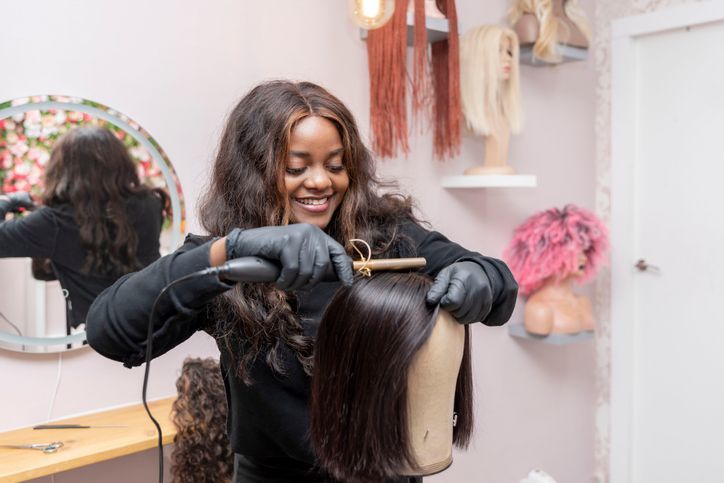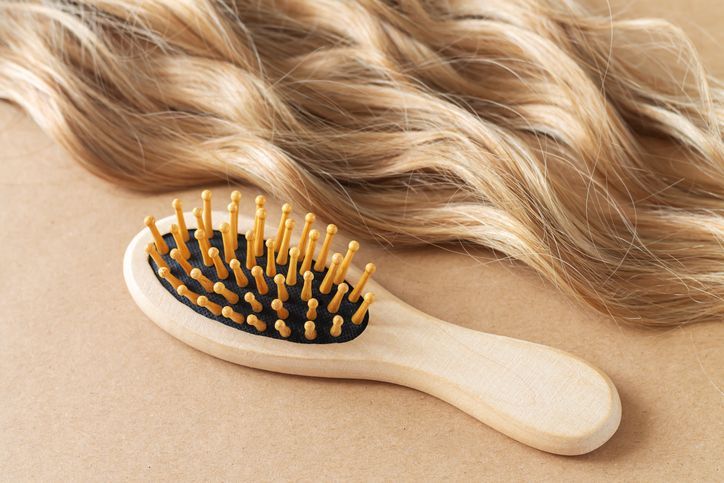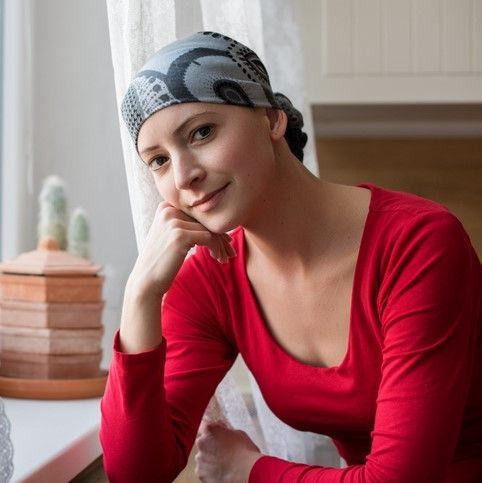Hair Loss in Women: Should You Be Worried?
Almost half of Australian women will experience female hair loss during their lives
While it's common for men to lose their hair especially as they get older, did you know women can also experience hair loss - and not just as a side effect of cancer treatment?
In fact, 49% of Australian women will experience female hair loss at some point in their lives.
While in some cases it’s temporary, in others it can be one of the first signs of an underlying health condition. So, if in doubt, seeking professional advice is crucial for early intervention and effective treatment.
We understand it can be an incredibly distressing experience, but if you’re a woman going through hair loss – please know you are not alone! Resources and treatments are available to help you regain your health and confidence.
Common Causes of Female Hair Loss
If you’re losing more hair than usual, it could be due to one of the following reasons:
- Pregnancy and Postpartum Hair Loss. During pregnancy, hormonal fluctuations can lead to thicker, fuller hair. However, after childbirth, a sudden drop in hormone levels can trigger significant hair shedding. Fortunately, this is usually temporary.
- Menopause. The decline of estrogen levels and other hormonal changes associated with menopause can lead to hair thinning and reduced density.
- Alopecia. Alopecia encompasses various types of hair loss, including:
- Androgenic alopecia - Female pattern hair loss, the most common type of hair loss in females, that is usually genetic. It’s different to male balding in that the hair usually thins across your scalp, beginning in the part, and if left untreated, may get worse as you age;
- Alopecia areata - Patchy hair loss;
- Alopecia universalis - Complete hair loss.
Whatever the cause, female hair loss can have significant impact on an individual’s mental health, even becoming an ongoing cause of psychosocial distress. So, it’s important to not only address the potential health issue, but also put in place strategies for managing self-esteem and associated stress.
When Should I Seek Medical Advice?
Given its visibility, hair loss can sometimes be the first indicator of a serious health condition, such as thyroid disorders, autoimmune diseases, ovarian or adrenal tumours, or nutritional deficiencies. In such cases, addressing the root cause of the issue can lead to significant improvement in hair health.
If you notice any of the following, it is recommended to seek prompt medical advice:
- Sudden and Severe Hair Loss. This could be indicative of an underlying health issue that requires attention.
- Visible Thinning or Bald Spots. This may be a sign of a specific type of alopecia that may benefit from specialised treatments.
- Persistent Hair Loss after Pregnancy or Menopause. While some hair shedding is normal during these life stages, persistent loss beyond the expected period warrants a consultation with a healthcare provider. They can help determine if there are underlying hormonal imbalances or other factors at play.
What can be Done about Female Hair Loss?
Whether it's due to pregnancy, menopause, alopecia, or other factors, timely intervention can make a significant difference in restoring and maintaining healthy hair.
For hormonal causes, a healthcare provider can help explore hormone replacement therapy or other treatments to mitigate this issue. And while there is no cure for Alopecia, doctors can assist with treatments that help slow down or even stop the hair loss. Some treatments claim to stimulate hair growth, although results vary with this.
Wearing a wig or hair topper, scarf or hat is another way to assist women experiencing hair loss with looking good and feeling confident every day.
At Creations Wig Studio, we understand the impact hair loss can have on an individual, and offer a discrete personalised wig fitting service designed to help you look and feel amazing. Contact us to book a consultation today with one of our caring, attentive team.












